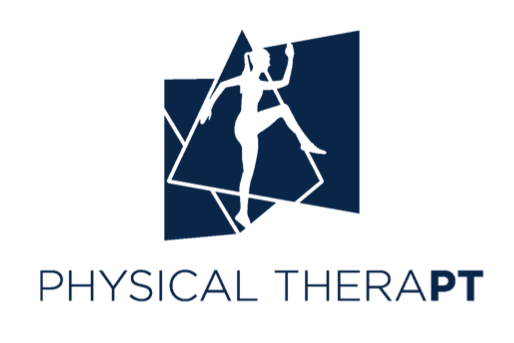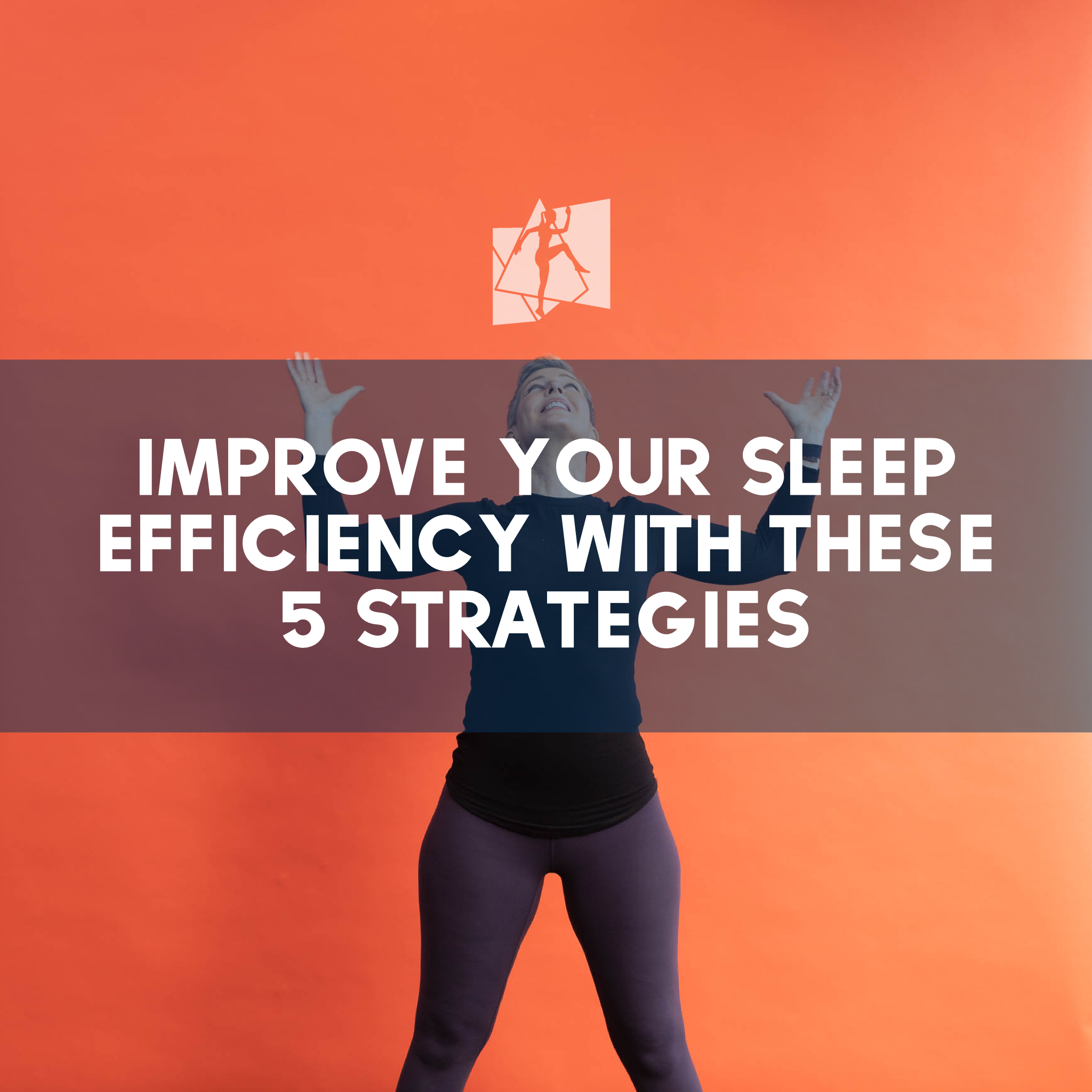We’re pushing pause on our injury spotlight series to talk about physical wellness in The Age of the Coronavirus. Over the next few weeks, we’ll share the latest research on how physical activity, immune function, and athletic durability all fit together. Want to know even more? Submit a question during IG office hours (@physical.therapt), every Friday!
Regardless of your ambitions, the major focus of any training program should be sleep. Inadequate sleep can have a multitude of effects on athletic performance. While the well-rested athlete is prepared for performance, studies have shown those individuals who regularly clock shorter nights, or have lower quality zzz’s, fall short. Poor sleep can result in both cognitive and physical impairment, leaving no sport immune. These effects include: decreased recall, inability to maintain attention, diminished vigilance and response time, as well as decreased aerobic and anaerobic performance. Poor sleep has also been found to directly correlate to elevated anxiety levels, increasing by up to 30% when compared to those who had recorded a full night of sleep! So back to restructuring your training program…
There is no magic number when it comes to sleep. Different individuals need slightly different amounts of sleep. They also have varying natural circadian rhythms. However, thanks to sleep scientist Dr. Matthew Walker, we know that practically all humans* require a minimum of seven hours of sleep to function optimally. The average American adult only gets six and a half hours.
*You may have heard about the so-called “Sleepless Elite,” a new superhuman race who require less sleep than their peers due to a genetic mutation. If you’re regularly packing as much as you can into each day, you may believe yourself to be one the chosen few. The DEC2 gene does exist, but as Dr. Walker reveals in an interview with Chris Kresser, only a small fraction of the population actually is predisposed to need less sleep. This gene isn’t a superpower, allowing those who possess it to recharge with a quick nap. These individuals still average six hours and 15 minutes of sleep per night.
To optimize your sleep schedule, we need to consider your individual preferences, rhythm and habits:
Dr. Walker uses a term he’s coined “sleep efficiency” to better plan for your time in bed. Not everyone falls asleep the moment their head hits the pillow, nor does everyone stay asleep the entire night. Sleep trackers can help fill in the gaps with around 75% accuracy when compared to an elaborate sleep study. Many of them report a sleep score, total hours in bed, and number of disruptions. Gaining a better understanding of these patterns can help you determine how many hours you should anticipate to achieve your ideal night’s rest. By working backwards from your “sleep opportunity” hours, you can better account for your training volume. Remember, simply being in bed doesn’t count as being asleep!
When we sleep is also important. In today’s society, we’re slaves to the almighty schedule. We begin and end our day based on our commitments. But what if all of those obligations went away? What time would you choose to go to bed, and when would you wake up if you didn’t set an alarm? The answers to these questions represent our chronotype. A third of people naturally prefer to go to bed later, a third prefer to wake up earlier, and the rest range between the two. Wherever possible, try to shift your schedule to fit your chronotype.
Those first two may feel daunting; practicing better sleep hygiene is something everyone can start doing, tonight. The term sleep hygiene refers to your sleeping environment and rituals. Our bodies respond well to external cues, and function best under consistency. Below, find tips on how to optimize your night:
Five helpful tips for a restorative night’s sleep
Stick to a routine
Do you best to go to bed and wake up at the same time every day (even days beginning with “S”) Form your evening practice, keeping with the same behaviors to let your body know it’s time to wind down. Enjoy a cup of tea, read or journal, wash up, and tuck in.
Keep it cool
You’re in luck, San Franciscans! 65 degrees Fahrenheit is optimal temperature for restful sleep.
Set the mood
Prep your body for sleep by turning off your devices an hour before bed. Dimming overhead lighting, or switching bulbs to a warm setting can also be helpful.
Don’t Force it
Try not to fixate on falling asleep. If you find yourself restless in bed, leave in exchange for a calming activity, like light stretching or easy reading. When you feel ready, go back to bed.
Just Say No
Avoid caffeine after 1 pm. When you anticipate needing a good night’s sleep, skip the drinks. While alcohol has sedative properties, it actually prevents you from reaching a state of REM.
Adapted from the Berkley Research Lab's “Five Helpful Tips for a Restorative Night’s Sleep”
To read more about sleep, check out these resources below:





